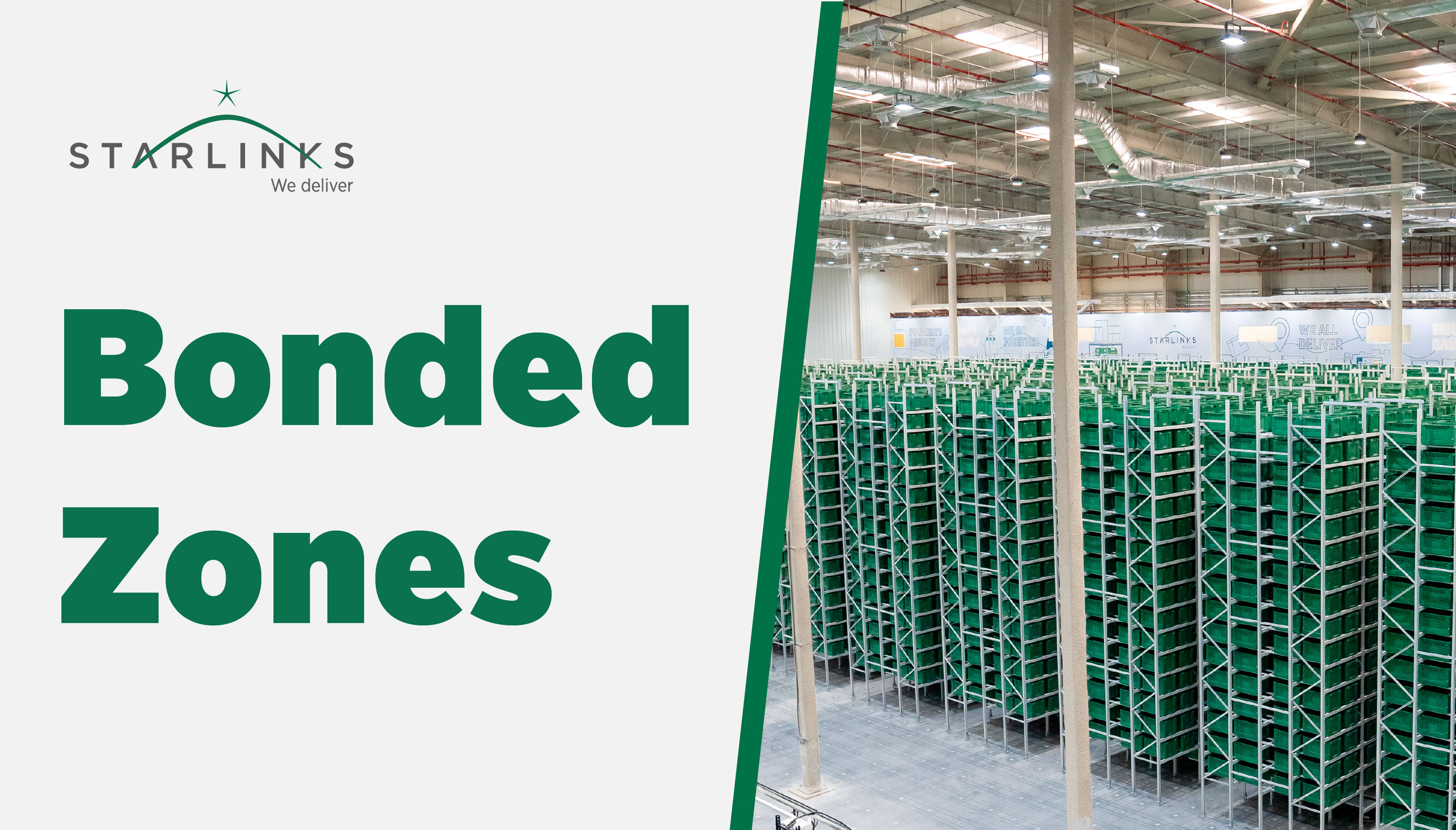Related Post


.jpg)

The fragrance industry in Saudi Arabia and the GCC is rapidly transforming. Once dominated by boutiques, the future of fragrance is now digital. This shift isn't just changing how customers shop; it's redefining how brands manage their supply chains. Rising consumer expectations and surging online sales are pushing brands from traditional boutique logistics towards advanced, technology-enabled fulfillment models for efficiency, scalability, and seamless customer experiences.
The GCC fragrance market is booming, valued at SAR 11.25 billion (USD 3.0 billion) in 2024 and projected to reach SAR 18 billion (USD 4.8 billion) by 2033, growing at a Compound Annual Growth Rate (CAGR )of 5.09%. This growth is driven by cultural affinity, increased disposable income, and rising interest in local and niche fragrances. (Source: IMARC Group – GCC Perfume Market)
E-commerce is fundamentally reshaping how fragrance brands reach customers. In Saudi Arabia, the e-commerce cosmetics and fragrance market is expected to grow at an 8.51% CAGR through 2033, fueled by high smartphone penetration and social media influence. Consumers now discover and purchase perfumes via platforms like Instagram and TikTok, requiring fulfillment models that can handle fast-paced, high-volume e-commerce demand.
While boutique logistics offer customized services, they struggle to scale and integrate with the digital economy. Key challenges include:
- Limited scalability: Inadequate infrastructure for large volumes or seasonal peaks.
- Poor integration: Inability to sync with major platforms (Zid, Salla, Amazon, Shopify).
- Manual dependency: High reliance on human labor increases processing time and errors.
- Lack of real-time visibility: No advanced tracking or inventory intelligence.
These limitations often lead to order delays, inventory issues, and dissatisfied customers.
To overcome these challenges, GCC fragrance brands are increasingly outsourcing logistics to specialized, tech-enabled third-party providers. Instead of investing in their own infrastructure, brands partner with logistics companies operating hybrid automated fulfillment centers. These centers combine robotics, AI, and expert human oversight to ensure speed, accuracy, and scalability, allowing brands to focus on product development and marketing.
Benefits include:
- Rapid order processing: Same-day dispatch to meet e-commerce expectations.
- Real-time integration: Seamless order flow and inventory updates across platforms.
- Warehouse automation: Robotics for efficient picking, packing, and sorting, minimizing errors.
- Scalability on demand: Infrastructure that flexes for promotions and peak seasons.
- Live dashboards: Real-time visibility into inventory, order status, and Key Performance Indicators (KPIs).
- Enhanced customer experience: Accurate, fast deliveries boost loyalty.
This approach enhances the "boutique" online experience by making operations faster, smarter, and more reliable.
According to Hamza El Shaer, Executive Director and GM for eCommerce at Starlinks, "The rapid growth of homegrown Saudi perfume brands is incredibly exciting, but it brings a core logistics challenge: precisely aligning supply and demand with their dynamic sales campaigns. While managing this growth can pressure demand planning, we see it as our shared opportunity. When a Third-Party Logistics and a brand collaborate transparently on forecasting, it transforms challenges into powerful advantages. This win-win partnership is key to not just differentiation, but to unlocking sustained, exponential growth for Saudi's thriving fragrance brands in the digital era."
Saudi Arabia’s Vision 2030 and the wider GCC ambition to become a global logistics hub are accelerating the demand for advanced fulfillment infrastructure. As regulations tighten, consumer preferences evolve, and competition intensifies, fragrance brands that embrace innovation will lead the way. Whether it's a rising D2C label or an established heritage house, success will come to those that blend elegance with efficiency, starting with a logistics partner that delivers scalable, tech-driven, hybrid automated solutions.


.jpg)